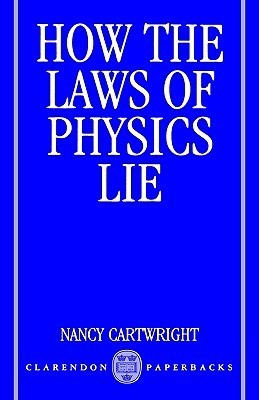Some good examples of how much of a patchwork even the most venerated hard science can get but largely from a "this is how it is" perspective. The problem of causality, at first displayed as central to the book, remains unanswered, normalized under the term "causally relevant factors". Yet elsewhere, as in the in itself interesting treatment of probability distributions, the notion is thoroughly problematized. Causal chains are not accessible this way. As a child I used to try to wake my mother up by putting her glasses on her head while she was asleep because that's how I'd seen her awake. It worked every time but at the same time its specific nature did not explain her waking up, as any stimulus would have sufficed. But the stimulus need not be even an object but just an atmospheric or electric shock, or further, some type of stimulation of the brain to provoke an impulse that would cause the awakening. But then it could also bypass the impulse altogether and the waking up could theoretically be a simple arrangement of her brain and other contents to a position corresponding to "awake". Further, one could induce somehow an image to her dreams that would, by proxy, cause in her an awakening. What, then, is "causally relevant"? It seems causes only make sense from the perspective of laws and presuppose them: there has to be something that "must" happen for causal inference to take place. Unless you presume the conservatism of sticking with my original primitive inference, just calling things "causally relevant" has no meaning from the perspective of advancement of knowledge where the horizon is not limited.
Conversely, is the cause of her waking up the state of my brain at the moment of decision or some (arbitrary) sequence of states("movement", "impulse") before it? The conceptual history would span the entire universe. But if I stick with the situation at hand, I'm always going to put the glasses on thinking that yes, this is "the" thing to do: and so I would be stuck in a horrible and embarrassing illusion of confidence. Like, Hume's problem wasn't just some sophistical bullshit. It seems so easy to make that step from the outside, as if the wider reality was in my mind already: but the whole point is that it wasn't and it's not obvious that it is unless you think also about what is possible instead of just observing the situation and applying a solution that makes sense of the situation.
The discussion on quantum mechanics also didn't date very well, as it tries to hand-wave away the measurement problem and the logical/metaphysical questions surrounding superposition. This might work with the simple double slit set-up but the later experiments based on Wheeler's delayed choice ideas involving entangled photons present a far more challenging picture.

